
His mouth open in both wonder and horror, Laurent Pelletier stares at the carnivorous armored bush cricket that has landed in front of him on the picnic table. He is camping with his family near Fish River Canyon in Namibia, in southwest Africa. The insect, yellow and light green, has a collar of spikes and six spindly legs planted in a boxer's stance. It's as big as the 5-year-old's hand.
"Can we eat it?" he asks his mom, Edith Lemay.
"I don't think so," she says, laughing.
"Then can I take it as a traveling companion?"
"No, but you'll meet many more."
And Laurent did, over and over again during the first few months of a yearlong trip through Africa, Asia and the Middle East with his mother; his father, Sébastien Pelletier; and his three older siblings, Mia, 12, Léo, 10, and Colin, 7. Bush crickets, ground crickets, baby crickets, crickets whose chirping lulled them to sleep at night the creatures became talismans, lucky charms on the family's journey around the world.
Far from their home in Boucherville, Quebec, looking to imprint as many once-in-a-lifetime memories as they could rack up, they rode horses across the bright green steppes of Mongolia, kayaked on the azure sea off Cambodia, camped under the soaring brick-red peaks of Namibia and flew in a hot air balloon over the brown, lunar-like landscape in Turkey.
The memories really matter because unless science makes a breakthrough soon, three of the four siblings-Mia, Colin and Laurent-will become blind, likely in adulthood. The children have been diagnosed with a disease that has no effective treatment and no specific timeline as it gradually robs them of their sight.
THE DIAGNOSES came after a four-year search for the reason that Mia couldn't see at night. As a toddler, she banged into walls and furniture that her mom and dad could make out once their eyes adjusted to the dark.
This story is from the July - August 2023 edition of Reader's Digest US.
Start your 7-day Magzter GOLD free trial to access thousands of curated premium stories, and 9,000+ magazines and newspapers.
Already a subscriber ? Sign In
This story is from the July - August 2023 edition of Reader's Digest US.
Start your 7-day Magzter GOLD free trial to access thousands of curated premium stories, and 9,000+ magazines and newspapers.
Already a subscriber? Sign In

OIL'S VERY DIRTY SECRET
More than 100,000 abandoned oil and gas wells dot the land, spewing methane and pollutants. One former energy company executive has made it his mission to cap them.
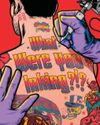
What Were You Inking?!?
Not everyone still loves their tattoos 20 years (or even 20 minutes) later

So Was There a Second Date?
Readers share their stories of unforgettable first dates, from studs to duds
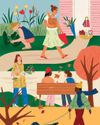
The Calendar Girls
After Molly Baker's husband died suddenly, her friends organized a year's worth of support
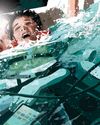
A SINKING FEELING
A mother and daughter are trapped below the deck of a capsized boat. A shrinking air pocket is the only thing keeping them alive.
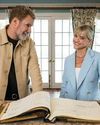
You're Cordially Invited
Starring Will Ferrell and Reese Witherspoon
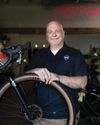
The Bike Vigilantes
Your bicycle just got stolen. These volunteers will get it back.
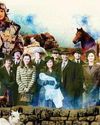
All Creatures Great & Small
Starring Nicholas Ralph and Samuel West
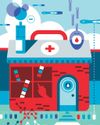
Yep, There's an At-Home Test for That
Which ones should you trust to diagnose your health?
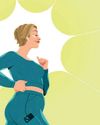
How Much Should You Weigh, Really?
The advice has moved beyond the old BMI (body mass index) measure